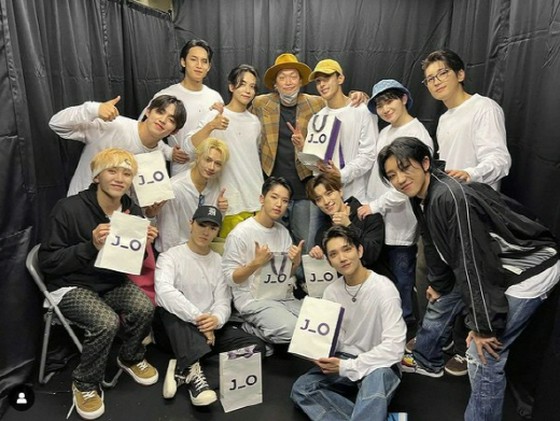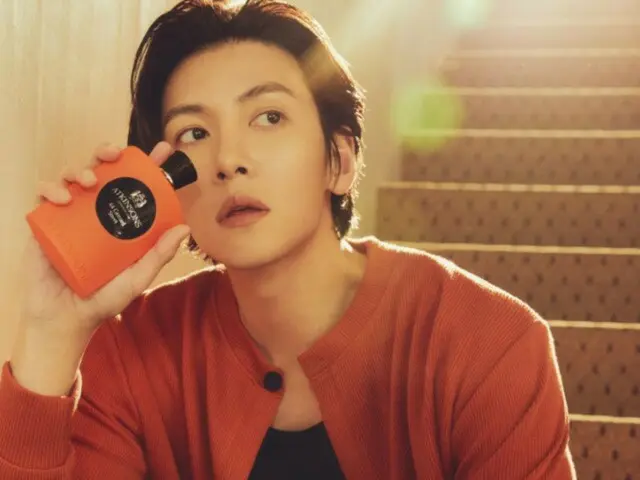 |
"BETTING" is the theme song for the currently airing Japanese TV series "Trap War", and is linked to the story of the TV series. It is a song that expresses BETTING = emotional tactics that unfold at the moment of 'betting'.
Shingo Katori is in charge of the vocals, and MIN-GYU, Seungkwan, and JEONG HAN of the Korean boy group "SEVENTEEN" are in charge, and Uji of "SEVENTEEN" also participated in the song production.
The jazzy piano and brass band are very impressive with the chorus. From the lyrics of the chorus, "If you don't want to do, I'm All in Bet, step back, I'm All In, solve everything, I'm All In, on the Dice that doesn't come back," one can imagine that the two people's emotions are exchanged behind the scenes.
What surprised me personally when listening to the song was that the voices of Shingo Katori and SEVENTEEN matched very well. One of the factors is that JEONG HAN and Seung Kwan's Japanese pronunciation is very natural, and Shingo Katori's mid-low voice quality fits well with jazz.
But the most important thing is that their singing voices are similar. Of course, I'm from the generation that saw SMAP's energetic activities in Japan in real time, and at the same time, I've been following SEVENTEEN since they debuted, so I can't tell who's singing just by hearing their voices. I get it, but I think it's fair to say that they're compatible because they all have the same rhythm. The way they sing without any peculiarity, and the feeling of using staccato (bouncing sounds) to put the rhythm on the voice, which seems to be singing indifferently, were very similar.
Perhaps the direction of the recording has unified the singing style, but even though it's very simple, the technique is well used, and it feels like everyone shares information on the singing style.
When Koreans sing Japanese songs, the linguistic difference has the effect of creating a unique rhythm in the Japanese "ta" line, or the pronunciation of "tsu" sounds like "chu". There are many things that you can't listen to naturally as POP, but in the case of this song, I would like to appreciate the fact that you can enjoy the song obediently without feeling that kind of thing.
Also, these jazz-flavoured songs are rarely heard in K-POP in recent years, so you can feel the freshness of SEVENTEEN singing them. It's a pity that there is no dance because there is no MV, but the rhythm is so good that just listening to the song will make you want to dance.
It is rare to see such a big co-starring and collaboration between Japan and South Korea, but if I have a chance, I would like to see collaboration between various K-pop groups and Japanese idols.
2023/01/19 14:48 KST


